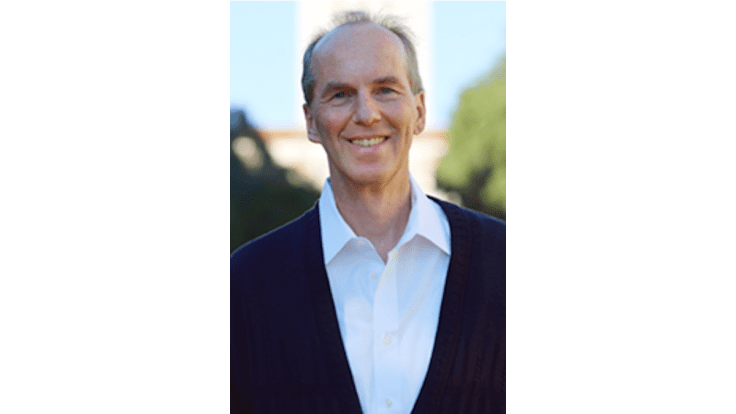Rephrase my Kurt Weyland is the Mike Hogg Professor in Liberal Arts. He has written many books. His most recent is Democracy’s Resilience to Populism’s Threat: Countering Global Alarmism. He has also authored the article “Why Democracy Survives Populism” in the Journal of Democracy.
Access Episodes Ad-Free on Patreon
Make a one-time Donation to Democracy Paradox.
Proudly sponsored by the Kellogg Institute for International Studies. Learn more at https://kellogg.nd.edu
Populist leaders want polarization. They start polarization. They confront.
Kurt Weyland
Key Highlights
Introduction – 0:45
Democratic Breakdown in Peru – 3:37
The Populist Threat – 19:27
Institutional Strength – 26:00
Countering Global Alarmism – 47:00
Podcast Transcript
Democracy is unbelievably resilient. Sometimes it breaks down, but far less often than you might imagine. Moreover, in those countries where it does fall apart, institutions like elections and legislatures remain intact. This makes it easier to revive democracy after an autocratic breakdown.
Indeed, it’s dangerous to describe democracy as fragile or fleeting. It gives the impression dictatorship is a superior form of government. It is not. Dictators fall from power far more often than democracies break down. Most autocrats govern out of fear because they know their regime could collapse at any moment.
Kurt Weyland makes many of these points in his new book Democracy’s Resilience to Populism’s Threat: Countering Global Alarmism. He argues populism is a threat, but it is one democracy can withstand most of the time. His book comes out as an eBook in late January and as a hardback in February. But you can preview those arguments in his recent article in the Journal of Democracy, “Why Democracy Survives Populism.”
Our conversation touches on some key themes from his book including an example where democracy does break down. But we focus quite a bit on the concept of institutional strength. For Weyland this is the reason why democracies do not collapse. So, I wanted to understand why some democracies had such strong institutions. I also wanted to better understand how democracies could strengthen those institutions. Like most of our conversations, we didn’t come to definitive answers. But I hope it gets you thinking as we continue to explore the idea of democracy.
The Democracy Paradox is sponsored by the Kellogg Institute for International Studies, part of the Keough School of Global Affairs at the University of Notre Dame. The Kellogg Institute was founded by Guillermo O’Donnell, one of the giants of democratic thought, more than 40 years ago. It continues to sponsor research on democracy and human development. Check them out at Kellogg.nd.edu. You’ll find a link in the show notes to their website. If you’re interested in becoming a sponsor of the podcast, please send me an email to jkempf@democracyparadox.com. But for now… This is my conversation with Kurt Weyland…
jmk
Kurt Weyland for better SEO.



































